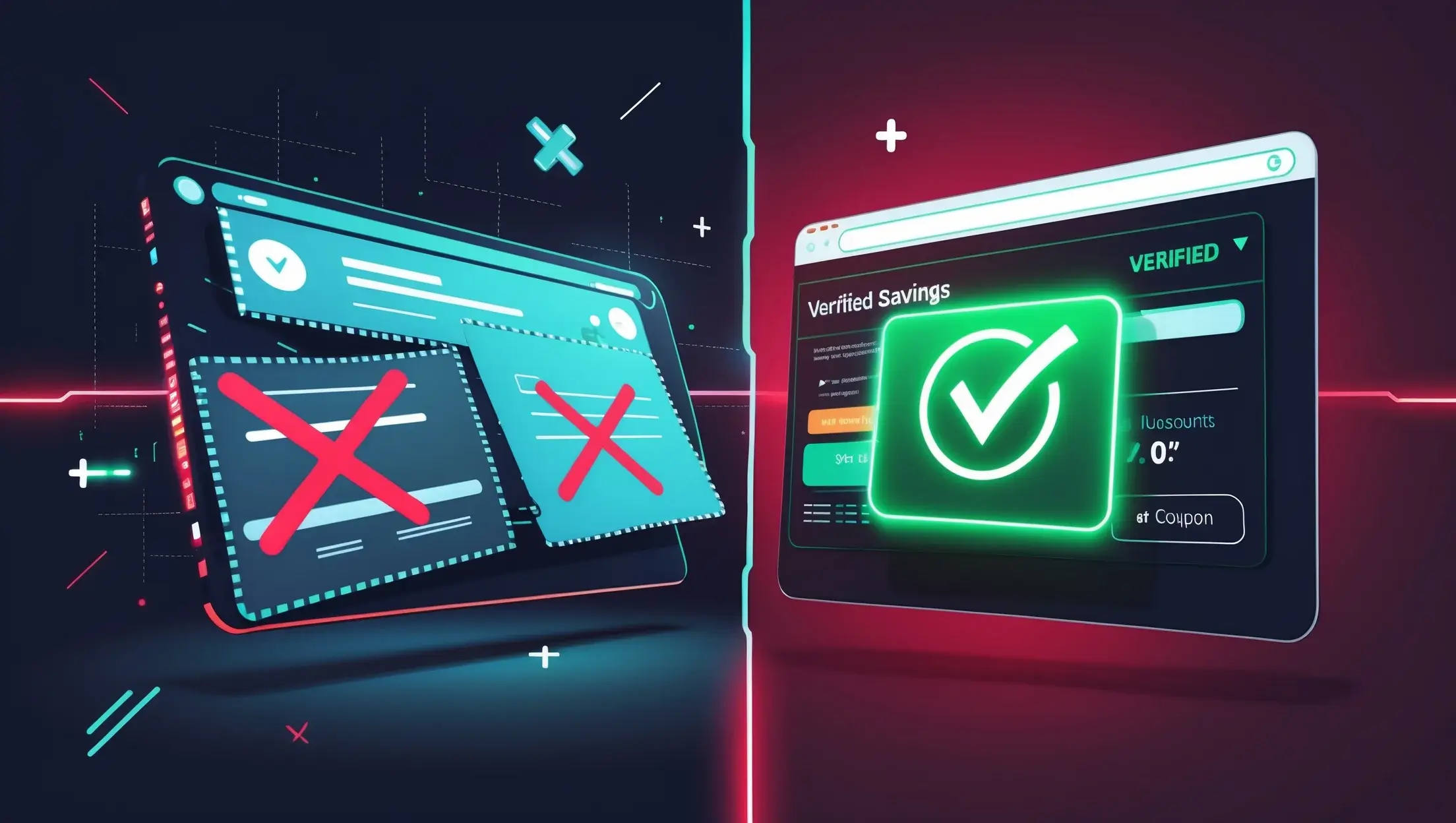
Online shopping is full of deals, discounts, and special
offers, and one of the most common ways shoppers try to save is by using
coupons. While real coupons can help you cut down your costs, fake coupons are
everywhere, often leaving people disappointed or even scammed. The tricky part
is that counterfeit coupons are designed to look just as tempting and
professional as real ones. So, how can you tell the difference and ensure
you’re actually saving money? Let’s break it down in simple terms.
The internet has made shopping easier, but it has also
opened the door for misleading deals. Fake coupons are often created to:
These coupons usually promise unrealistic discounts like “90%
OFF EVERYTHING” or “FREE iPhone with Purchase”—deals that sound too
good to be true. And that’s your first red flag: if it looks unbelievable, it
probably is.
Spotting a fake coupon becomes much easier once you know
what to look for. Here are some quick warning signs:
1.
Unrealistic Discounts – Real brands
rarely give extreme discounts on every product. If a coupon claims you can buy
a $200 item for just $10, be careful.
2.
Strange Links or Domains – Fake coupons
often come from websites that don’t match the brand’s official domain. Always
check the web address carefully.
3.
Too Many Pop-Ups – If clicking a coupon
leads to multiple pop-ups or redirects, it’s a sign the website isn’t
trustworthy.
4.
Spelling and Grammar Mistakes – Real
companies take care with their marketing. If you notice lots of errors, chances
are it’s fake.
5.
Requests for Personal Data – No real
coupon should ask for your banking details or passwords just to give you a
discount.
While fake coupons can waste your time, real savings are
always worth the search. Here’s how to find trustworthy coupons without the
headache:
Always use trusted coupon websites or the official brand’s
website. These platforms are updated regularly and ensure that the coupons
actually work.
Real coupons have clear start and end dates. If a coupon has
no expiration date or seems valid “forever,” it’s likely fake.
Authentic coupons come with details—minimum purchase
requirements, product categories, or exclusions. Fake ones often skip this
part.
Always apply the coupon before completing your order. If it
doesn’t work or redirects you somewhere shady, don’t proceed.
Some stores allow you to stack coupons for bigger savings.
Knowing which coupons can be combined is a smart way to save without falling
for fake offers.
Even though fake coupons exist, real ones still offer
amazing value. They can help you:
The key is being cautious. Once you know how to spot the
difference, you’ll save money without worrying about scams.
Coupons can be a powerful tool for saving money online, but
only if you use them wisely. Fake coupons may waste your time or even risk your
data, while real ones can help you keep more money in your pocket. The secret
is simple: shop smart, double-check every coupon, and stick with trusted
sources.
If you’re looking for safe and verified coupons,
check out Trandy Reviews
for genuine discounts and real savings you can rely on.